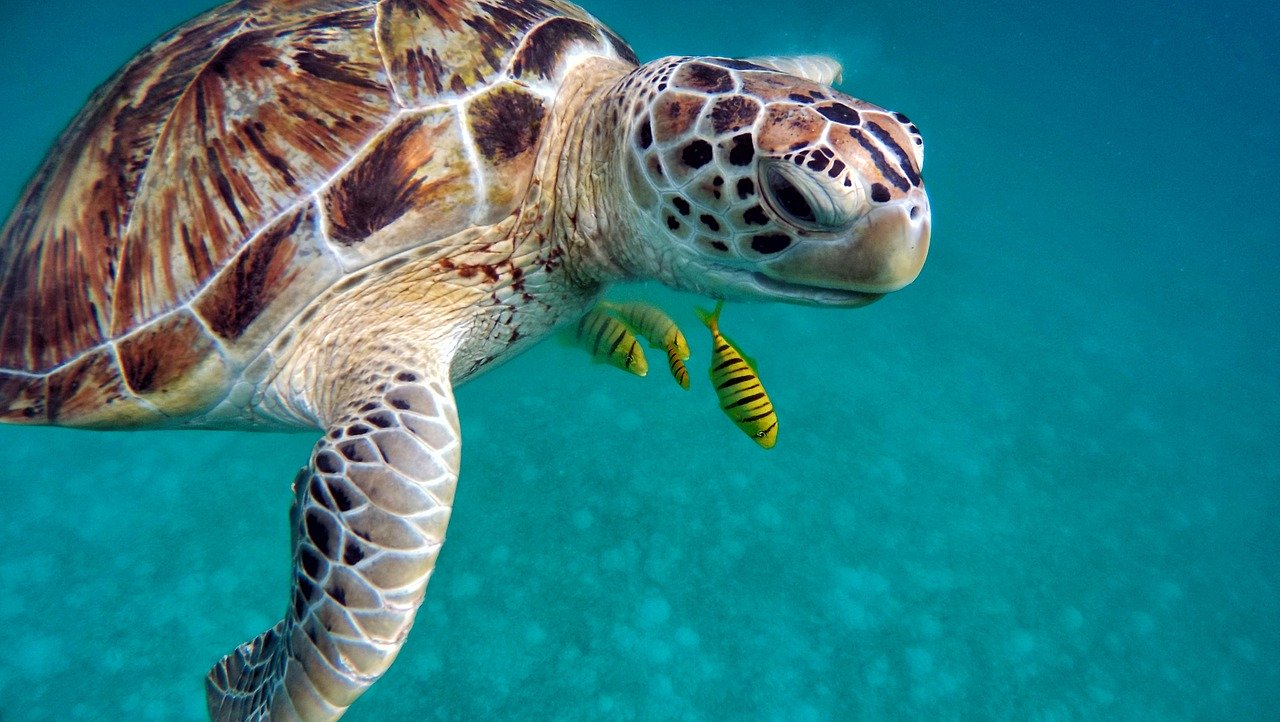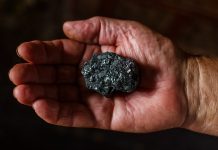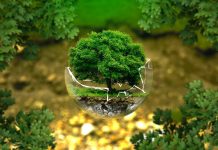
Half of the world’s sea turtles eat bits of plastic in the ocean, according to new research from the University of North Carolina at Chapel Hill.
Published in Current Biology, the study “Odors from marine plastic debris elicit foraging behavior in sea turtles” suggests that sea turtles eat plastic because they mistake its scent for food.
“This finding is important because it’s the first demonstration that the odor of ocean plastics causes animals to eat them,” said UNC-Chapel Hill biologist Kenneth J. Lohmann. “It’s common to find loggerhead turtles with their digestive systems fully or partially blocked because they’ve eaten plastic materials. There also are increasing reports of sea turtles that have become ill and stranded on the beach due to their ingestion of plastic.”
Scientists found that sea turtles are attracted to biofouled plastic, which pertains to the buildup of microbes, plants, algae, and small animals on the surface of plastic. The response of turtles to plastic reflects the way they respond to their real food.
The researchers determined the negative impact of the presence of plastic in ocean on turtles and other marine mammals, such as seabirds, whales, and fish.
The data examined was based on 15 loggerhead turtles that were in captivity for five months. These animals were delivered a series of airborne smells through a pipe. The turtles did not respond to the scents of clean plastic and water but reacted to the smell of food and plastics by putting their noses out of the water to smell.
The study reveals that sea turtles can die when they eat just over a dozen pieces of plastic. Young turtles are the most vulnerable since they often swim in currents where pieces of plastic pile up.
“The plastic problem in the ocean is more complex than plastic bags that look like jellyfish or the errant straw stuck in a turtle’s nose,” said Joseph Pfaller, research director of Caretta Research Project and co-author of the study. “These are important and troubling pieces to the puzzle, and all plastics pose dangers to turtles.”






